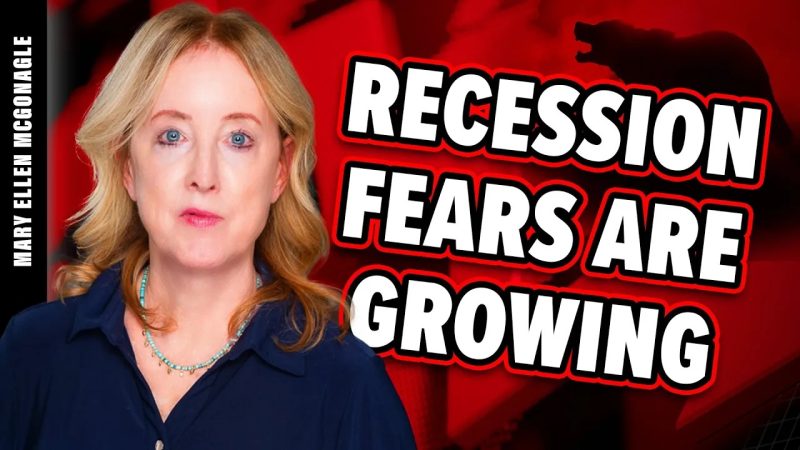The recent tumultuous events in the global financial markets have sent shockwaves through investors, with many now fearing the onset of an impending recession. Economic indicators have been pointing towards a possible economic downturn for some time now, and the recent market nosedive has only served to exacerbate these fears.
The Chinese stock market, one of the largest in the world, witnessed a sharp decline in response to growing concerns over the trade war with the United States. The tit-for-tat tariffs imposed by both countries have only served to further escalate tensions, creating uncertainty in the markets and leading to a widespread sell-off of stocks.
The Eurozone has also been feeling the effects of the economic slowdown, with countries like Germany and Italy experiencing a decrease in industrial production and a slowdown in economic growth. The ongoing Brexit saga has added further fuel to the fire, as the uncertainty surrounding the UK’s departure from the European Union continues to weigh on investor confidence.
In the United States, the inverted yield curve has been a cause for concern among economists and investors alike. Traditionally seen as a harbinger of economic downturns, the inverted yield curve occurs when long-term interest rates fall below short-term rates, indicating a potential economic recession on the horizon. This, coupled with the ongoing trade tensions with China and other major trading partners, has led to a significant decline in stock prices and a general sense of unease in the markets.
Central banks around the world have been quick to respond to the economic challenges, with many signaling their readiness to implement monetary stimulus measures to boost economic growth. The US Federal Reserve recently cut interest rates for the first time since the financial crisis, in a bid to stave off the threat of an economic recession. The European Central Bank has also hinted at the possibility of further monetary easing in the near future, as the Eurozone struggles to maintain economic stability.
Despite the gloomy outlook, some analysts remain cautiously optimistic about the future of the global economy. They point to strong consumer spending and low unemployment rates in many countries as potential indicators of resilience in the face of economic headwinds. However, the lingering uncertainty surrounding trade tensions, geopolitical risks, and other factors continue to cloud the economic horizon and make it difficult to predict with certainty what lies ahead.
As investors brace themselves for further market volatility and economic uncertainty, the need for prudent financial planning and risk management has never been greater. Diversification, monitoring economic indicators, and staying informed about global market trends are crucial steps that investors can take to navigate the choppy waters ahead. While the specter of a recession looms large, it is important to remember that the global economy has weathered storms before and has shown resilience in the face of adversity. By staying vigilant and agile in the face of changing market conditions, investors can position themselves to weather the storm and emerge stronger on the other side.

